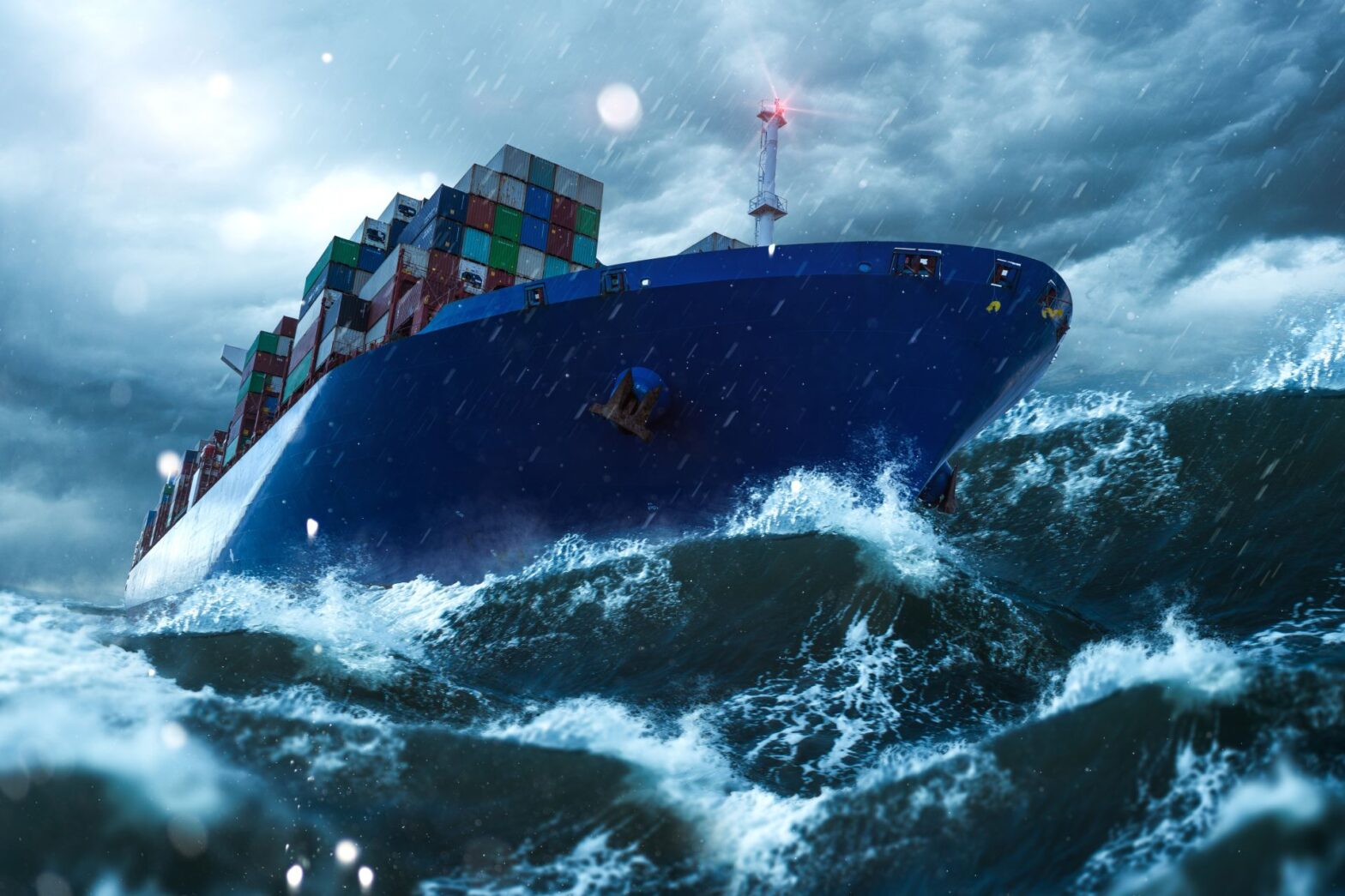Ship strikes: The urgent need to slow down vessels
A ship strike is a collision between any type of boat and large marine animals, such as whales, dolphins, marine turtles, sea lions, seals, sharks etc. Regardless of their type and size, all vessels have the potential to collide with marine species. Animals struck by boats, when they are not killed immediately, often suffer serious injuries and a slow and painful death. Ship strikes represent a serious conservation and welfare problem for marine wildlife in many regions around the globe, in particular large whales. OceanCare is therefore actively engaged in promoting existing and developing solutions.
Collisions pose a serious conservation and welfare problem. A ship strike can occur anywhere, but some regions are of particular concern, especially when main shipping lanes run directly through certain habitats, such as breeding or feeding grounds of large whale species, e.g.:
- the South Coast of Sri Lanka (Blue whales)
- the Hellenic Trench off Greece (Sperm whales)
- the Hauraki Gulf / Tīkapa Moana, New Zealand (Bryde’s whales)
- the Canary Islands (Sperm whales)
- the Northwest Mediterranean (Sperm whales and Fin whales)
- the Northwest Atlantic (North Atlantic Right whales)
One obvious solution and multiple environmental benefits
No single technology can eliminate or significantly reduce the risk of ship strikes. Separating shipping lanes from habitats of large cetaceans is the best way of preventing collisions between vessels and whales. To identify potential re-routing options, it is important to understand the whales’ habitat. The efforts to identify important marine mammal areas (IMMAs) are of tremendous help and supported by OceanCare.
Wherever re-routing is not possible, vessel speed reduction is the most effective measure. Indeed, speed is the most significant factor in ship strikes. Not only is the impact of the collision less harmful with reduced speed, but both parties have more time to avoid each other and prevent a collision in the first place. In fact, it is the same as with road traffic with respect to people, which is why speed limits are set.
There is lots of scientific literature documenting the positive consequences of reducing vessel speed, such as by whale researcher Russell Leaper. A 10% reduction in speed across the global fleet would reduce the risk of ship strikes by 50% and would also result in very positive environmental effects reducing the ecological and climate footprint of shipping:
- Noise emissions by minus 40%
- Fuel consumption by minus 13%
- CO2 emissions by minus 13-19%
Other studies also document a reduction in:
- Black carbon emissions by minus 20%
- NOx and SOx emissions by minus 13%
Reducing speed doesn’t require any technological changes by the industry and also saves shipowners’ money on their fuel bills. It could even reduce costs more broadly: according to a study from the Öko-Institut e.V., for most of the scenarios considered, slower steaming will bring down transport costs.
But there is another challenge to generate such positive effects. An assessment of existing vessel speed reduction programs shows that they do not have significant economic impacts on shipping companies or on affected ports. But is also makes clear that if the reduction of speed remains a voluntary measure, it is ineffective in obtaining the necessary reductions in vessel speed. Therefore, OceanCare calls for introducing mandatory speed reduction as it would provide a level playing field for the shipping sector, achieve compliance and result in the reduction of ship strikes and emissions of several pollutants, including ocean noise as well as greenhouse gases.
Technical solutions as complementary measures
In some regions where threatened and endangered species and populations occur and crossing their homes can’t be avoided, speed reduction measures need to be accompanied by technical solutions to improve the detection and localisation of marine wildlife and communicate their presence to mariners. Some existing tools are being further developed, and some new ones are being elaborated. OceanCare funded the development and testing of SAvE Whales, the first ever integrated real-time localization system of sperm whales.
